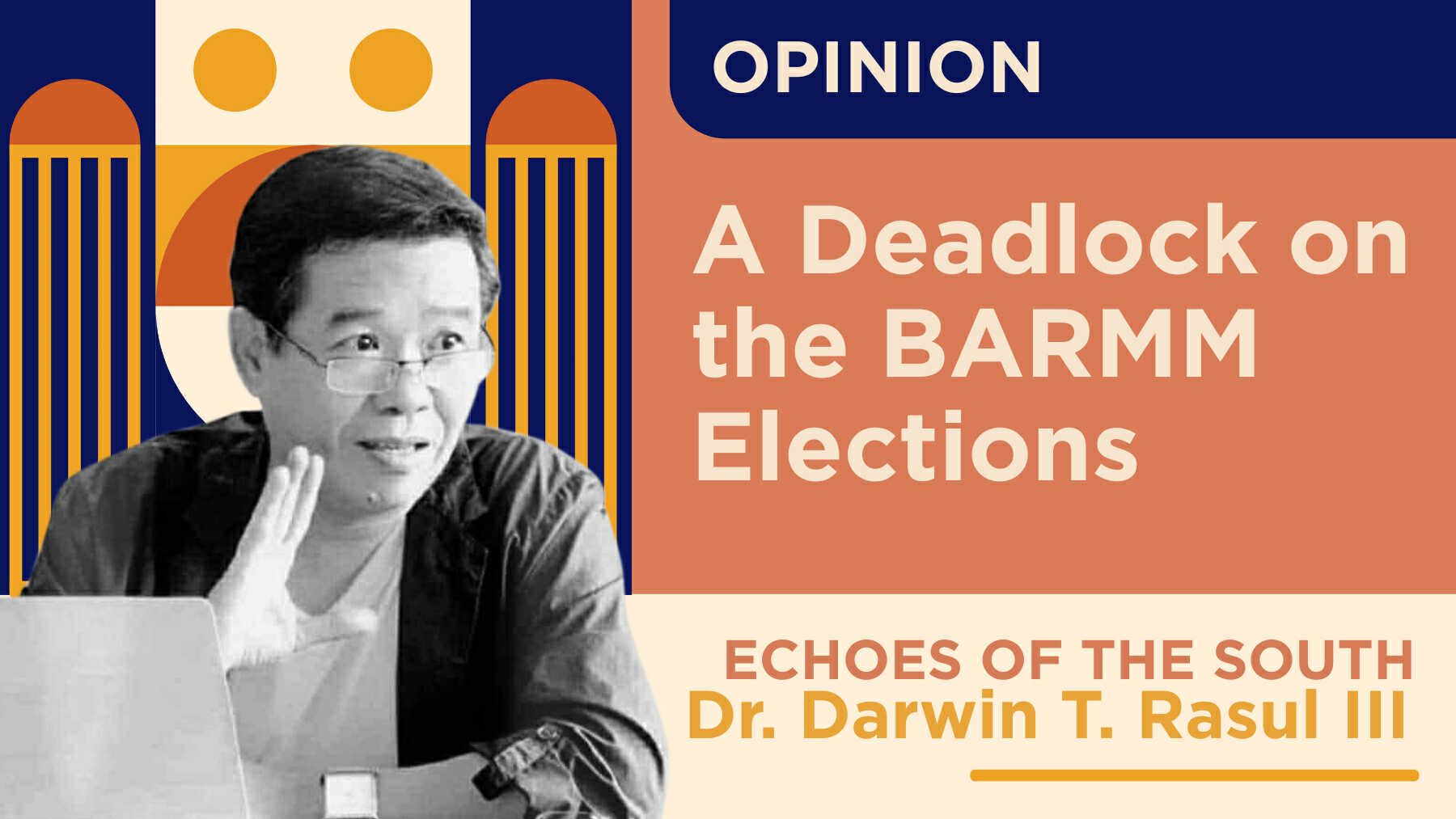(First of a series)
The first parliamentary elections in the Bangsamoro Autonomous Region in Muslim Mindanao (BARMM), set for October 13, 2025, is now hanging in limbo. The Bangsamoro Organic Law (BOL), ratified in 2019, created the region’s parliamentary system and mandated its first polls in 2022. However, Congress postponed them to 2025, citing the pandemic and unfinished decommissioning and normalization. Yet with October 13 fast approaching, the Supreme Court has issued a temporary restraining order (TRO), throwing the process into uncertainty and leaving the people of BARMM once again deprived of their right to vote.
How the BARMM Elections Reached a Deadlock? To guide these polls, the Bangsamoro Parliament first enacted Bangsamoro Autonomy Act (BAA) 58, a districting law that reset the elections from 2022 to 2025. The BAA 58 was the original districting law under the BOL, which included Sulu among the 80 parliamentary seats. Later, it passed Bangsamoro Autonomy Act (BAA) 77, a redistricting law that superseded BAA 58 and further revised governance arrangements. But BAA 77 was challenged before the Supreme Court, which issued a TRO suspending its implementation. Crucially, did the High Court nullify BAA 58, the earlier law that still authorizes the Commission on Elections (COMELEC) to conduct the elections?
COMELEC Chair Garcia explained that while under BAA 58 preparations were already underway, covering ballots, automated counting machine (ACM) configurations, and voter education, these however were halted once the Bangsamoro Transition Authority (BTA) passed BAA 77, which amended Section 4 of BAA 58, and repealed inconsistent provisions, and excluded Sulu. This created a dilemma: reverting to BAA 58 would be quicker but legally questionable, while proceeding under BAA 77 is currently impossible due to the TRO which suspended Comelec’s internal preparations like the printing of new ballots and major logistical adjustments. BAA 77 did not automatically revive BAA 58.
Garcia said that conducting elections under a repealed law could result in annulment. At the same time, Comelec is unprepared to hold elections under BAA 77, the BOL mandates full parliamentary elections, including district, party, and sectoral representatives, making partial elections legally impermissible. The Comelec is caught between two risks: violating RA 12123 if no elections occur on October 13, or violating the TRO if elections proceed under BAA 58.
Garcia noted that while under the Omnibus Election Code Comelec has delegated authority to act in cases of force majeure, he said that ultimately he cannot defy the Supreme Court's TRO. He concluded that Comelec will issue a final resolution, while still hoping for clarification from the High Court to break the impasse.
Pending this, COMELEC froze preparations entirely. Chair George Garcia has since admitted it is “impossible” to proceed on schedule and formally asked Congress to move the date. COMELEC’s decision to stop preparations has drawn sharp criticism. Legal experts stress that a TRO cannot be treated as grounds for postponement under the Omnibus Election Code, which allows suspension only in cases of violence, terrorism, or natural disasters. A TRO is not an “act of God” but a temporary legal safeguard. By halting preparations, COMELEC risks undermining its constitutional duty to ensure elections are held as mandated. Canceling polls without sufficient legal justification weakens public confidence in both the process and the institution.
(To be continued)
#WeTakeAStand #OpinYon #OpinYonNews

